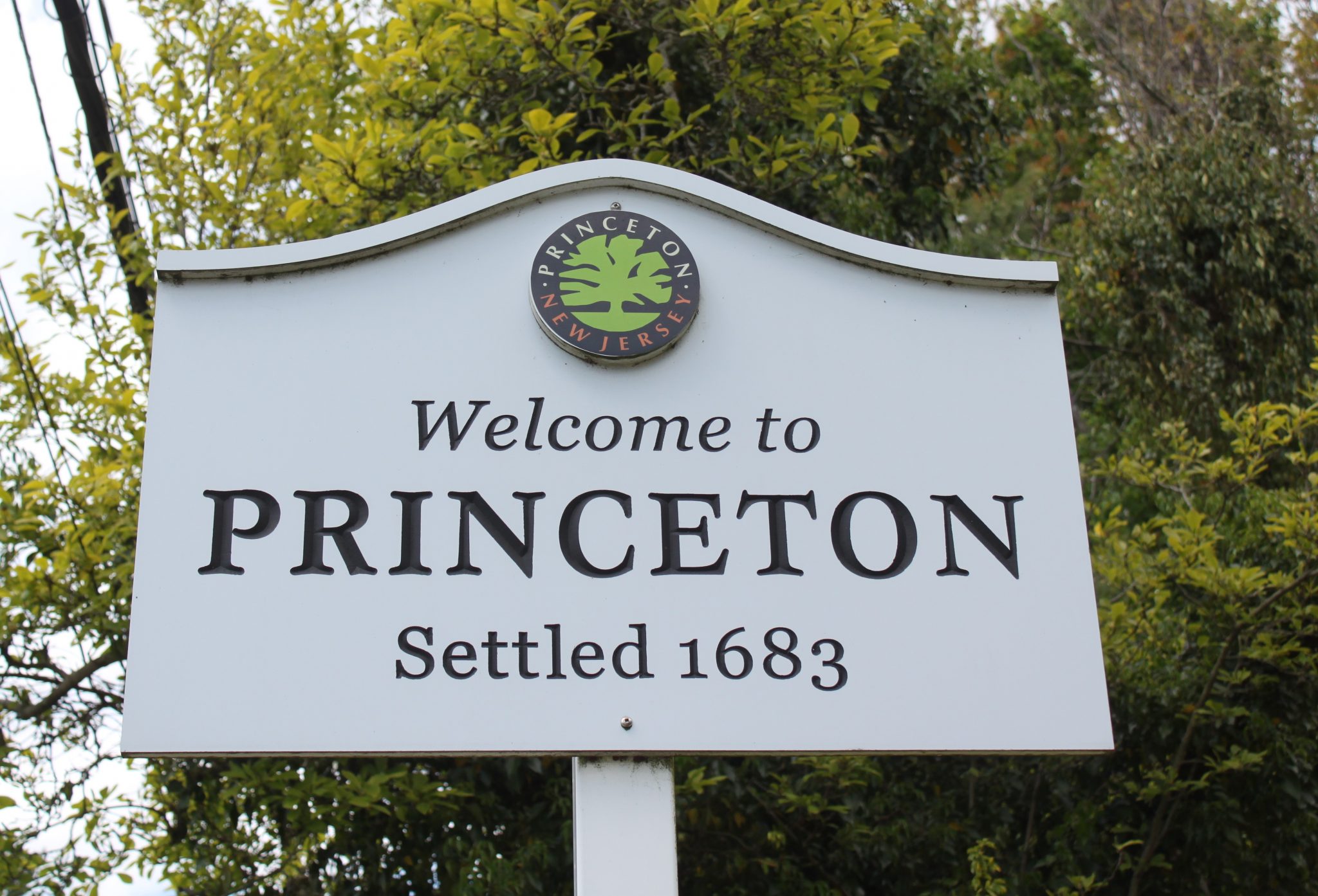The Princeton Council will begin its public meetings with a “land acknowledgement” – three sentences that acknowledge the history of the land on which the Municipality of Princeton sits.
Read aloud at the Princeton Council’s March 8 meeting, it states that “We gather today on the land of the Lenni Lenape. As members of the Princeton community, we aspire to show appreciation, respect and concern for all peoples and our environment.
“We honor the Lenape and other Indigenous caretakers of these lands and waters, the elders who lived here before, the Indigenous today, and the generations to come,” the Land Acknowledgement states.
The Lenni Lenape Native Americans lived in New Jersey for thousands of years. Princeton, meanwhile, was settled by Europeans in the late 1600s. Henry Greenland, who built a house in on the King’s Highway/Route 27 near today’s River Road in 1683, is considered to be the first settler in Princeton.
Revising the Princeton Council agenda to add the Land Acknowledgement was suggested by Princeton Council President Leticia Fraga earlier this month.
Princeton Council’s Land Acknowledgement was first read – and for one time only – in October 2019. It was read in conjunction with a resolution that proclaimed the second Monday in October as Indigenous Peoples Day.
Celebrating Indigenous Peoples Day was suggested to the Princeton Council by the town’s Civil Rights Commission in 2019. The intent was to acknowledge the people who lived on the land before the Europeans settled on it, Fraga said.
While the Princeton Council received much positive feedback from other communities on its Indigenous Peoples Day resolution, it also received requests for the wording of the Land Acknowledgement, Fraga said.
“Eventually, we learned that some communities were reading a Land Acknowledgement at the start of every public meeting, not just on Indigenous Peoples Day,” she said.
Although the Princeton Council has decided to begin each meeting with the Land Acknowledgement, Fraga said the town’s Civil Rights Commission and the Human Services Commission decided earlier this year to begin their meetings with the Land Acknowledgement statement.
A member of Princeton’s Not In Our Town group – a multi-racial, multi-faith group of people who favor racial justice and inclusive communities – mentioned the Land Acknowledgement to Fraga, and asked whether the Princeton Council would consider beginning its meetings with the new pledge.
Fraga said she mentioned it to the Princeton Council at its March 2 agenda setting meeting, and the council agreed to do so.

